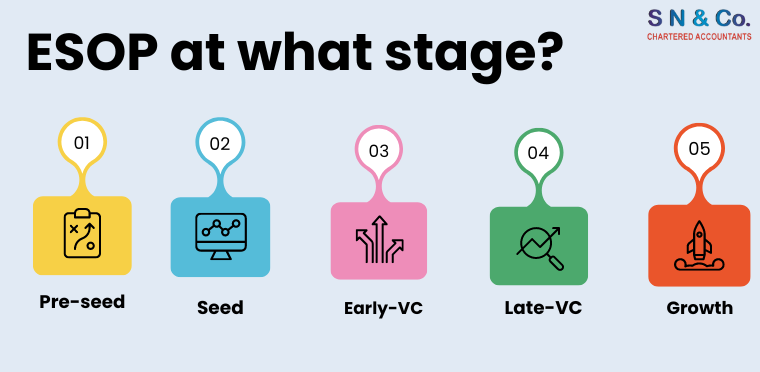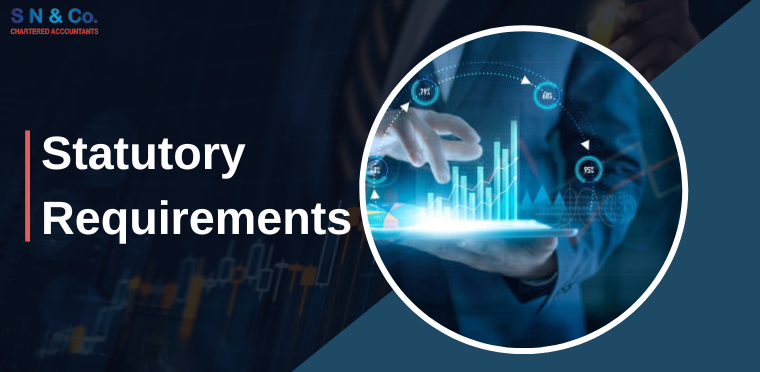A Place for Remuneration in Charitable Purpose
May 30, 2017[2017] 81 taxmann.com 406 (Article) Guest Author : CA. Dhruv Dua
Not-for-profits : an insight
A plain search for the definition for ‘Not-for-profit‘ on the internet yields the following definition: Not-for-profit is an organization that does not earn profits for its owners. All of the money earned by or donated to a not-for-profit organization is used in pursuing the organization’s objectives and keeping it running.
Its can easily be concluded then, that the main intent of a not-for-profit organization is the sustenance of its main object, or ‘charitable purpose’ as is defined under Section 2(15) of the Income Tax Act, 1961 (‘the Act’), and any expense/expenditure pertaining to its main object and furtherance thereof is part and parcel of the not-for-profit activity.
Since a ‘not-for-profit’ falls into the rare category of entities which aim to solve a public good for no private gain, the Act provides a favorable tax treatment by way of provisions contained in Section 11 to Section 13, which provide for a tax exemption to such entities having their main object as any activity which falls under the definition of ‘charitable purpose’.
In the rare event that an entity, which has been granted an exemption, abuses the exemption for private benefit of its trustees, managers, directors, beneficiaries or related persons, Section 13 provides for an anti-abuse mechanism. The Section includes a mechanism to allow the authorities to withdraw and in some cases, cancel the exemption, in the event of abuse.
The remuneration conundrum
With its intent to curb abuse, Section 13 of the Act includes, amongst other provisions, a provision (to prevent payment of such salary or allowance to any person, out of the resources of the not-for-profit, rendered by that person to such to the not-for-profit, where the amount so paid is in excess of what may be reasonably paid for such services – Section 13(1)(c )
‘Person’ defined above includes:
| 1. | the author of the trust or the founder of the institution | |
| 2. | any person who has made a substantial contribution to the trust or institution, [that is to say, any person whose total contribution during an year exceeds INR 50,000] | |
| 3. | where such author, founder or person is a Hindu undivided family, a member of the family | |
| 4. | any trustee of the trust or manager (by whatever name called) of the institution | |
| 5. | any relative of any such author, founder, person, [member, trustee or manager] as aforesaid | |
| 6. | any concern in which any of the persons referred to in clauses above has a substantial interest (voting share exceeding INR 20%) |
The definition of person seems exhaustive enough to cover the trustees, directors, promoters, their relatives and main contributors under its ambit. However, it is the second leg of the definition which leads to ambiguity by limiting it’s scope to only those cases where payment of such salary and allowance is in excess of what may be ‘reasonably’ paid for such services.
Per se, we may conclude that although there is no restriction on payment of salary or allowance for services rendered by ‘persons’ (referred above) where amounts paid are construed as ‘reasonable’ for such payment.
Reasoning with ‘reasonable’
Since the Act does not define or provide guidance as to what is reasonable, it is wise to dwelve into existing judicial precedents and jurisprudence on the said matter.
The High court of Punjab and Haryana in the matter of CIT v. Idicula Trust Society, [2014] 45 taxmann.com 158/223 Taxman 66 (Mag.) gave consonance to the fact that apart from being full time teachers, the trustee members were engaged in whole time management activities of Trust and as such remuneration paid to them could not be treated as ‘excessive’
Further interpretation of ‘reasonable’ was elucidated in the matter of PNR Society For Relief & Rehabilitation of Disabled Trust v. Dy. DIT (Exemption) [2014] 52 taxmann.com 362 [2015] 67 SOT 171 (Ahd. – Trib.) (URO) wherein remuneration given to full-time secretary of the trust being about 1% of the total values of activities of the trust cannot be held as unreasonable. In arriving at the said decision, the ITAT took cognizance of the educational qualifications and past experience of the aforementioned beneficiary.
From the above rulings, it’s evident that the revenue authorities take note of the educational experience and qualification of person rendering services to arrive at a ‘reasonable’ remuneration rate. The onus is on the revenue authorities to prove ‘unreasonableness’, a view which has been affirmed by the ITAT Pune in the matter of Dr. D.Y. Patil Pratisthan v. Dy. CIT [2013] 39 taxmann.com 138/[2014] 61 SOT 47 (URO) and by ITAT Tribunal in the case of Young Scholars Educational Society v. ITO [2012] 25 taxmann.com 422 (Chd. – Trib.).
Both the rulings go on to state that onus to prove the excessiveness of the salary/remuneration paid to the ‘persons’ lies on the Revenue Authorities and where the same has not been evidenced, it cannot be held that the provisions of Section 13 have been violated.
Reasonable Conclusion
With not-for-profits enjoying tax exemption being always under the watchful eye of the Revenue Authorities, the debate pertaining to ‘reasonable’ may not seem to end anytime soon. However stakeholders while treading this open-ended definition may find it wise to walk the path of the existing judicial precedents and ensure a remuneration which is benchmarked to market rates and is reflective of the educational/professional qualification of the beneficiary.





